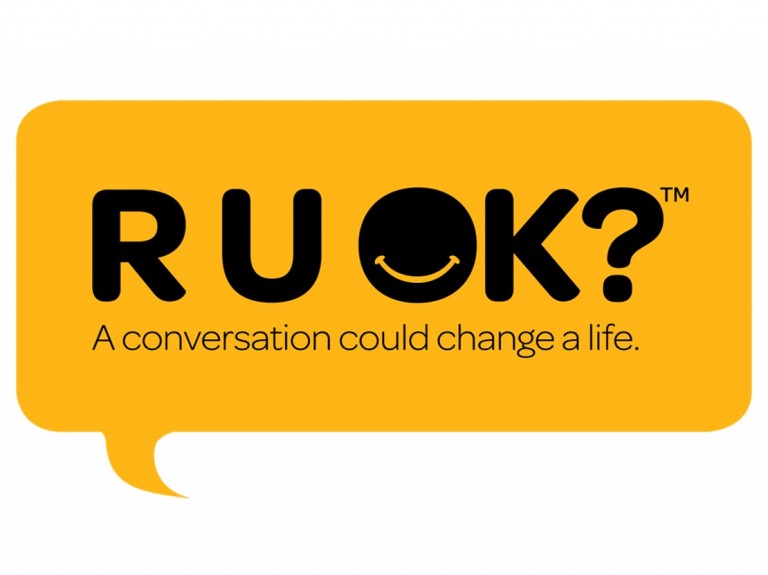R U Ok?
Mental health has only recently received the attention it deserves. Not being a visual or obvious injury or illness makes it challenging to identify who and with those with mental health issues. Sociocultural awareness and attitudes to mental health also affect how it is acknowledged, treated and managed. Mental health may not be as straight-forward to treat as physical health, but that doesn’t mean it shouldn’t be tried.
Mental health is distinct from mental illness; the former refers to “a state of well-being in which every individual realizes his or her own potential, can cope with the normal stresses of life, can work productively and fruitfully, and is able to make a contribution to her or his community.” Mental illness “is a behavioural or mental pattern that causes significant distress or impairment of personal functioning.”

While not every mental illness is preventable, collectively we can go a long way to minimising the incidence of common mental illnesses and improving general mental health. Encouraging people of all demographics – age, gender, religion, socioeconomic background, nationality and sexuality – in the workplace and the home to talk about mental health will also spread the message to those not confident about speaking up that it’s ok to talk about. You may find there are people with lived experience or are more receptive to the topic than you thought.
Remember that you’re not expected to treat someone’s mental illness or resolve whatever troubles they may have. You are there as a support person, and can direct someone to the right services if you know of them. Also remember it’s ok to not be in a good headspace yourself, and you have to look after yourself first.
Some tips that might help with your mental health:
- Get some sleep. Set yourself a definitive sleep and awake time and stick to it. Sleep hygiene is also important – try to not use any electronic screens an hour before you go to bed, sleep in as dark a room as you can manage and only get out of bed if you really have to. Apple’s ‘Bedtime’ feature is great for this.
- Eat as well as you can. You are what you eat, and your body loves nutritious food.
- Exercise regularly. Exercise does a lot of things but there are a few reasons it’s great for mental health. It creates happy chemicals in your brain, gives you a mental space to sort out all the information for the day – or recover from it, and it tires you out to help you get some sleep.
Need some help addressing a mental health issue? Whether it’s your own health or that of a loved one, our team are here to help guide and support you and we can put you in touch of some great resources so chat to us today.




